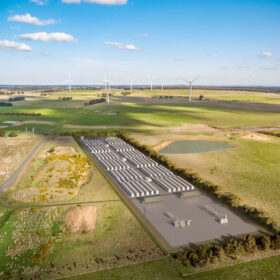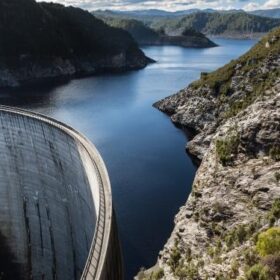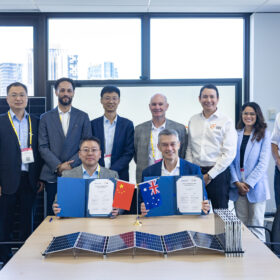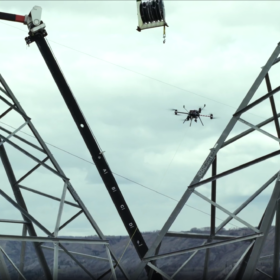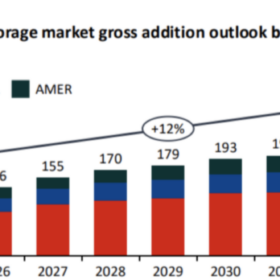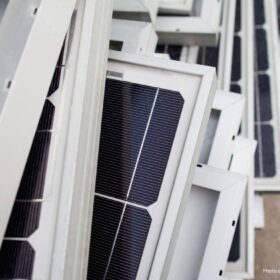Akaysha Energy closes $460 million construction financing for Elaine BESS
Akaysha Energy has closed $460 million construction financing for its 311 MW / 1,244 MWh Elaine BESS in Victoria, where works have also begun, with financing underpinned by a 15-year virtual tolling agreement with Snowy Hydro.
Japanese companies partner to establish solar glass recycling scheme
Two Japanese companies have announced a partnership to advance the recycling of solar panel cover glass for application in architectural flat glass production.
Hydro Tasmania’s 7,347 GWh system gets $18 million upgrade
Hydro Tasmania has completed a major $18 million upgrade of the central system that allows it to monitor and control most of the State’s 7,347 GWh hydropower system from Hobart.
What the AFR Summit missed about data centres and the grid
The AFR Energy and Climate Summit focused on demand and AI’s impact on the grid, but the real question is being overlooked: how do we connect data centres without repeating past mistakes in the energy transition?
5B signs module supply agreement for 100MW+ project in Western Australia
Australian solar innovator 5B Maverick has signed a landmark module supply agreement with JA Solary for over 100 MW of JA Solar’s DeepBlue 4.0 Pro modules for a large-scale solar project in Western Australia.
Japanese utility uses Sharp PV-linked home batteries for grid balancing
Japanese utility Tohoku Electric Power is using Sharp’s residential batteries and AI-powered energy management systems to balance grid demand and optimise household solar energy use. Customers in the program can earn points redeemable for local products.
Solar cell inspection tool evolution set to slash manufacturing costs by billions
Researchers at the University of New South Wales in Sydney are working with the institution’s spinout company BT Imaging to accelerate the commercialisation of solar cell defect detection technology, thanks to a $1.4 million commercialisation project.
Brighte bags $40 million CEFC finance to boost consumer energy resources loans
Australian green lender Brighte has secured $40 million from the Clean Energy Finance Corporation under the federal government’s household energy upgrades fund, to support the roll out of up to $150 million worth of consumer energy resources.
JinkoSolar launches next generation 48-cell module Tiger Neo 3.0
Chinese clean energy technology manufacturer JinkoSolar has launched Tiger Neo 3.0 in Australia, celebrates 1 GW delivery milestone and has signed multiple solar-plus-storage sgreements.
$139 million Series B raise takes Infravision aerial robotics to new heights
Australian start-up, Infravision, has raised $91 million Series B from investors led by GIC that will help accelerate the global deployment of its power line stringing and automated grid construction technology.
